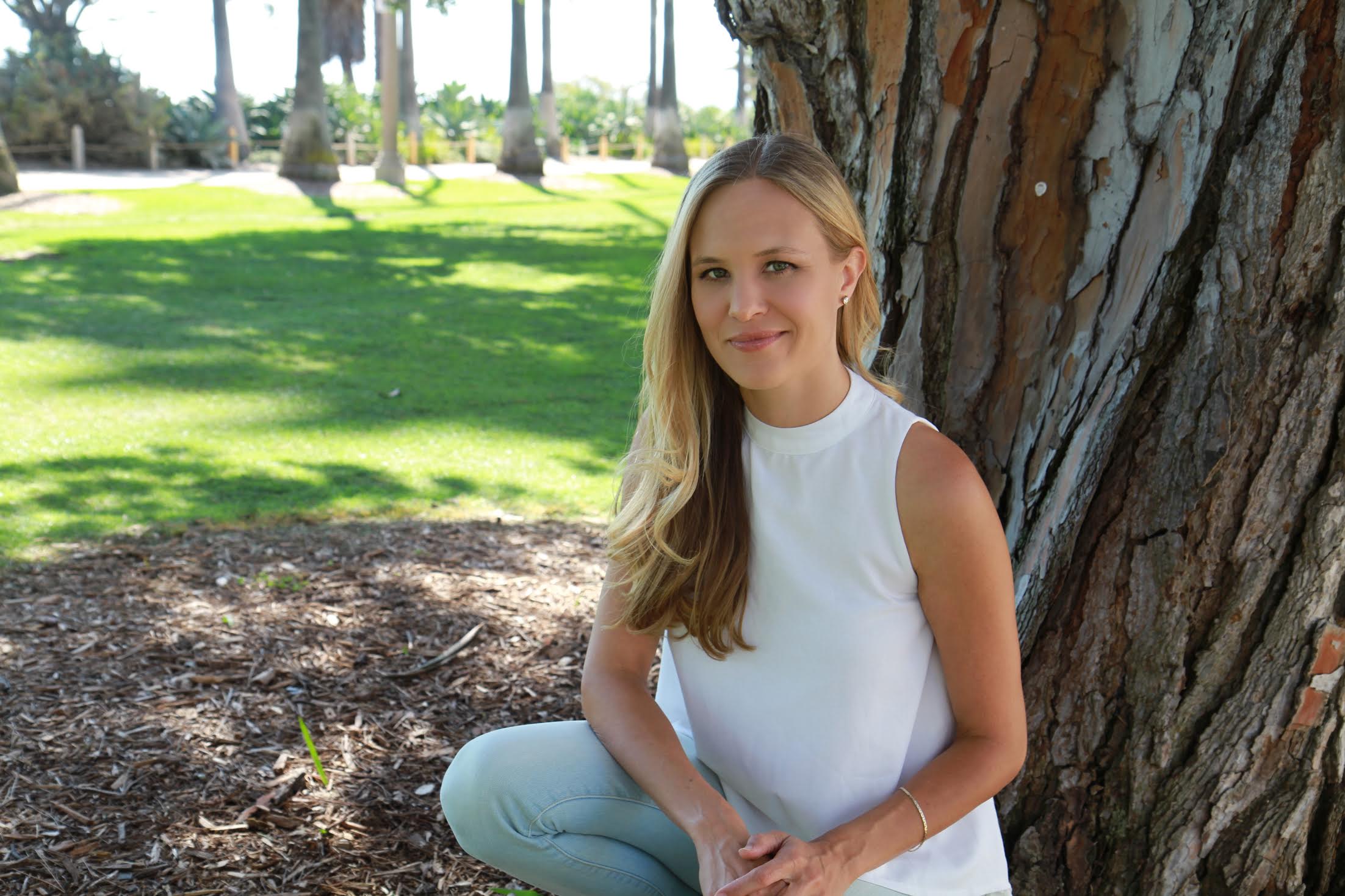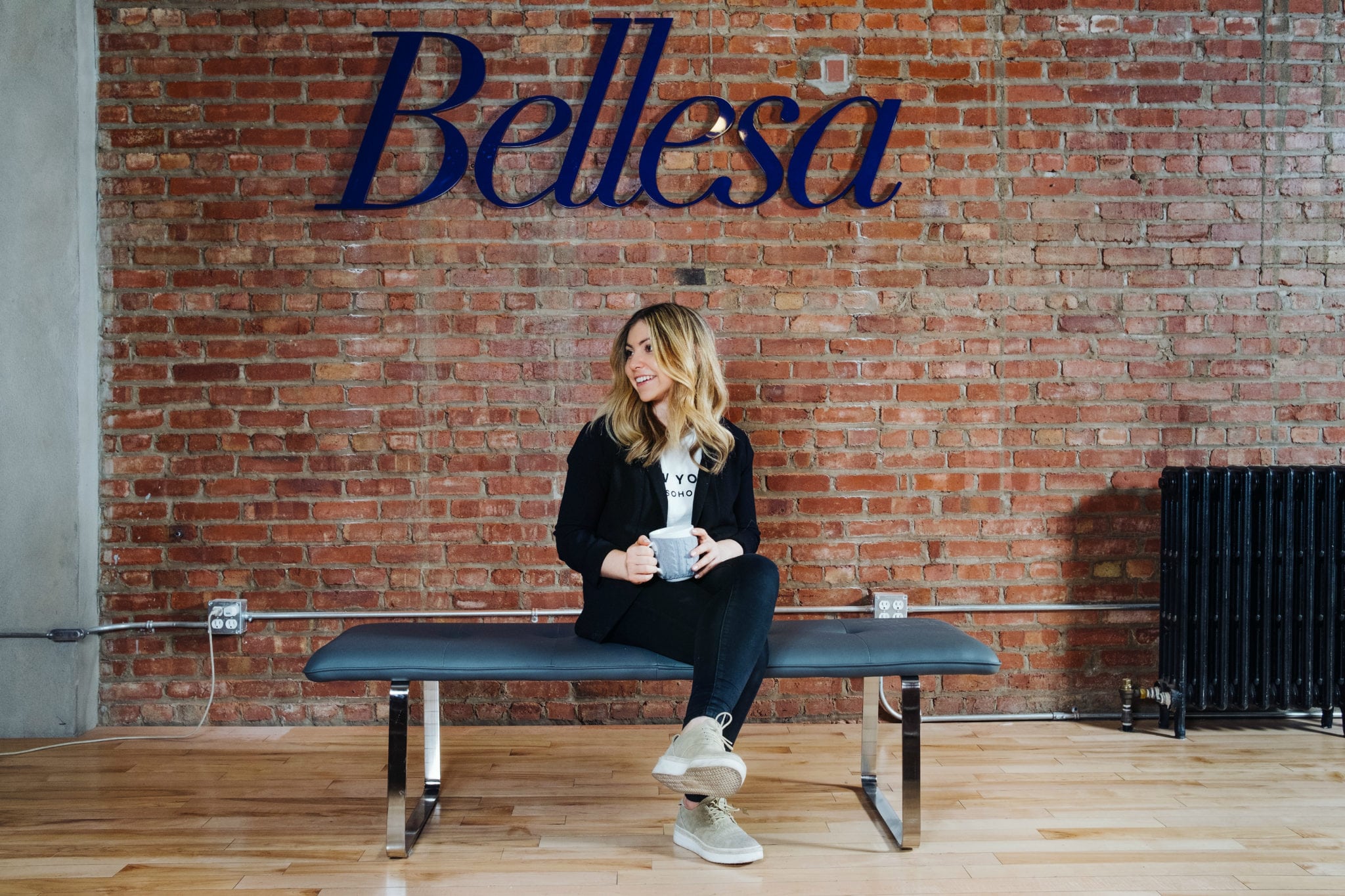Have you ever wondered what it’s like to be a sex coach? Or, have you thought about going to a sex coach? Slutty Girl Problems interviewed sex coach Charlie Glickman to answer 10 of your biggest questions. Whether you want to learn more about sexuality or are considering working in the sex industry yourself, this is a must read!
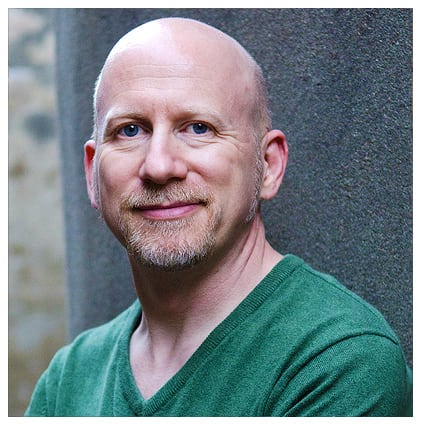
Sounds awesome! How long have you been a sex coach – and what exactly does a sex coach do?
It’s sort of hard to define exactly what a sex coach does since there are lots of different people doing it in lots of different ways. But one way I like to describe it is that I’m here to help my clients figure out how to have the sex lives and relationships they want, whatever that looks like. I do a lot of problem-solving, offering suggestions, giving tips and ideas, asking lots of questions to help them figure out what’s going on, providing feedback and reflections, and providing plenty of resources (books, videos, websites, etc.). I also give my clients a safe space to explore their desires, talk about what they want to make happen, and give them tools to move in that direction.
In addition to my talk-based coaching, I’m also certified as a somatic sex educator. That means that I do hands-on work to help people find new ways to experience pleasure, stay connected to their desires, and be fully present when in high states of arousal. If you want to get what you want in bed, it helps if you can be present in your body and attuned to your yes and your no. And while there’s a lot that can be done by talking about these things, there’s also a limit to what you can do by talking. After all, if you want to learn a language, how to bake a cake, or build a spreadsheet, at some point, you need to stop talking about it and start doing it. My hands-on work is designed to make that possible.
For a long time, I offered the talk-based coaching as part of my job running the Education Programs at Good Vibrations, but it wasn’t until 2013, when my book, The Ultimate Guide to Prostate Pleasure, came out that I left my day job and became a full-time coach as my primary work. I’ve been teaching workshops, speaking at conferences and universities, and writing online about sex for years, but now, that’s my main gig.
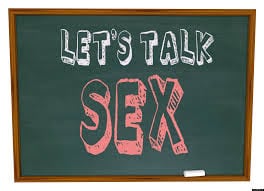
What inspired you to become a sex coach? How did you know this was your passion?
When I came out as queer as a sophomore in college, I joined my campus LBGT group. (The T had just been added and the B had only been added a few years before!) This was 1989, so it was before there were any treatments for HIV. There was even more anxiety and fear than there is today, so of course, when the student group did outreach presentations on campus, I got a lot of questions. That meant that I needed to learn about safer sex, which meant that I needed to learn about sexual communication. And then, people started asking me how to tell their partners what they wanted in bed. And the next thing I knew, they were asking me how to give a great blow job. Since anything in your life can affect your sex life, being a sex coach means you need to be able to talk about pretty much anything.
I think the thing that makes sex coaching my passion is that I love introducing people to things they didn’t know would be awesome. I like introducing folks to new foods, or new music, or new places. It makes me really happy to see someone light up when they discover something amazing. And of course, when it comes to sex, there are a lot of ways that can work.
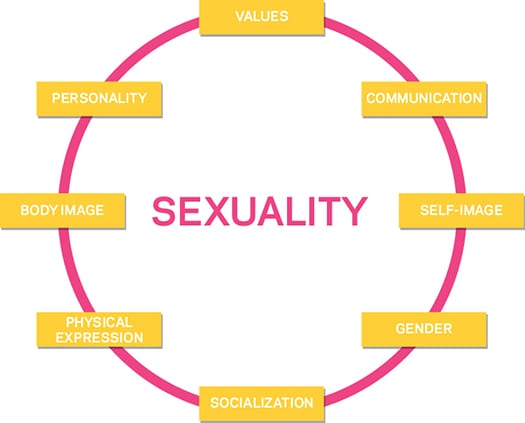
What are the most commonly asked questions you get?
Well, once my book on prostate play came out, I started getting A LOT of questions about anal play. But even more than that, what I get asked more than anything else is, “Is this normal?” Whether it’s about a sexual fantasy, changes in desire, ways to create a relationship, or simply wanting information, a lot of people worry that there’s something wrong with their sexuality. And what I always tell them is that as long as everyone is happy and nobody gets hurt (in the non-BDSM sense of that word), the word “normal” isn’t important. What’s important is what works for you and your partner(s).
Other than sex and intimacy, what topics do you address with individuals and couples most?
Navigating relationships is a big one. Many of my clients want to learn how to deal with friction, triggers, anger, or shame in productive ways.
Communication is one of the foundations for healthy sexuality. What tips could you share to better communicate with your partner about sex?
That’s a big question. 🙂
There are a lot of resources for how to communicate better. I’m a fan of Non-Violent Communication, Powerful Non-Defensive Communication (especially their book Taking the War Out of Our Words) and Interchange.

In your expert opinion, what are the top five things couples can do create a better relationship and more satisfying sex life?
a) Don’t try to copy porn. Sex in porn is like a cooking show- all of the real-life stuff is edited out. In a cooking show, you never see any mess, everything looks perfect, and it all seems so easy. The same thing happens in porn. It’s not that they don’t use lube. It just doesn’t happen on camera. I talk with people all the time who are upset because their sex life doesn’t work the way it does in porn. That doesn’t mean that you can’t enjoy porn, if you want to. But remember that the best real-life sex doesn’t look like that.
b) Stop thinking of it as foreplay. The word “foreplay” assumes that there’s a goal in mind and everything before that is simply a warm-up. Of course, if you both like intercourse, go for it. But you can enjoy oral sex or hand jobs without thinking of them as leading anywhere. The more goal-oriented you are about sex, the less fun it is.
c) Lube. Use lube. Trust me. Contrary to common belief, vaginal lubrication isn’t always proportional to arousal, especially if someone uses hormonal birth control or other medications that can affect it. Plus, lube makes condoms feel and work better. And you always need it for anal sex. Buy a bottle of lube and don’t be afraid to use it.
d) Clitoral stimulation. Depending on what research you read, as many as 70% of women need clitoral stimulation in order to reliably orgasm. Use your fingers or a vibrator during intercourse. It makes a big difference. And sex doesn’t have to stop when he orgasms, either. Even if he needs to take a short break, you can have oral sex, hand sex, or use toys after he chums.
e) Masturbate. Even if you’re in a relationship, you can still be in charge of your own pleasure. Solo sex gives you the opportunity to explore your desires and fantasies, and it can give you really valuable information about what works for you. Plus, it can be an incredible expression of self-love. Whether you use toys or not, solo sex is a great way to build the foundation of your own sex life, which makes it easier to create a happy sexual connection with someone else.

What’s the most rewarding part of being a sex coach/educator?
I love knowing that right now, at this very second, someone is having better sex or a better relationship or a better orgasm because of something I said or wrote. It makes me really happy when I meet someone and they tell me that one of my workshops or blog posts helped them overcome a difficulty or discover something amazing.
What are some challenges you’ve faced in this line of work?
Sex education is a hard way to make a living. Things are starting to improve, but workshops and classes don’t bring in a lot. However, they are a great way to get clients, which is part of why I keep teaching them. (Plus, they’re super fun and I Iove teaching workshops. Especially my classes Embodied Consent, How to Not Be “That Guy”, and Awesome Anal Sex.) But if you want to teach workshops, you need to be clear why you’re doing it. Is it something you enjoy? Do you have other services to promote?
It’s also good to be really clear about who you want to reach. When I was 25 years old, it was harder to connect with folks who were in their 40s or 50s because they assumed I didn’t know what they needed. As I’ve gotten older, that’s been less of an issue, but at some point, folks in their 20s might stop connecting with me. We’ll see how that goes.
And lastly, there aren’t a lot of role models for what I do. I have colleagues who have some similar challenges, but I’ve had to carve out my niche without a lot of examples to work from. That’s been an amazing opportunity in a lot of ways, but it also makes it hard sometimes.
For our readers who want to become a sex coaches themselves, what steps should they take?
Start out by learning as much about sex as you can. And not just the things that you enjoy. Learn about practices, people, and communities that you might not be personally interested in because some of your clients will want to know about them. Be willing to recognize the limits of your knowledge and refer folks to someone else if they need that. You can also check out Sex Coach U for a pretty solid training in the kinds of issues sex coaches deal with.
For business info, I really recommend checking out Reid Mihalko’s Sex Geek Summer Camp. Reid has compiled a lot of great info about how to create a successful business in this field. He’s coached me through some tricky spots, and he definitely knows his stuff.
And if you can make it to CatalystCon, it’s a fantastic gathering of sex educators, coaches, writers, teachers, therapists, activists, and more. It’s really helpful to connect with other folks in the field and build your professional connections. Many of my opportunities came my way because of the people I know, so build those networks in any way you can.
Thanks for chatting with me! Before you go, what are some resources you’d recommend for readers to learn more about sexuality?
Another big question. 🙂 I’d start with the how-to books from companies like Good Vibrations. If you have access to sexuality or kink workshops, they’re also great resources but the quality varies. There are certainly plenty of websites, but again, the quality varies. Don’t trust sex info on the internet until you fact-check it or, at the very least, you confirm the credibility of the writer.

Note: Some links are affiliate links, which help support the site. All opinions are 100% honest and my own. I only recommend things I would use myself! Read more about our affiliate links.

